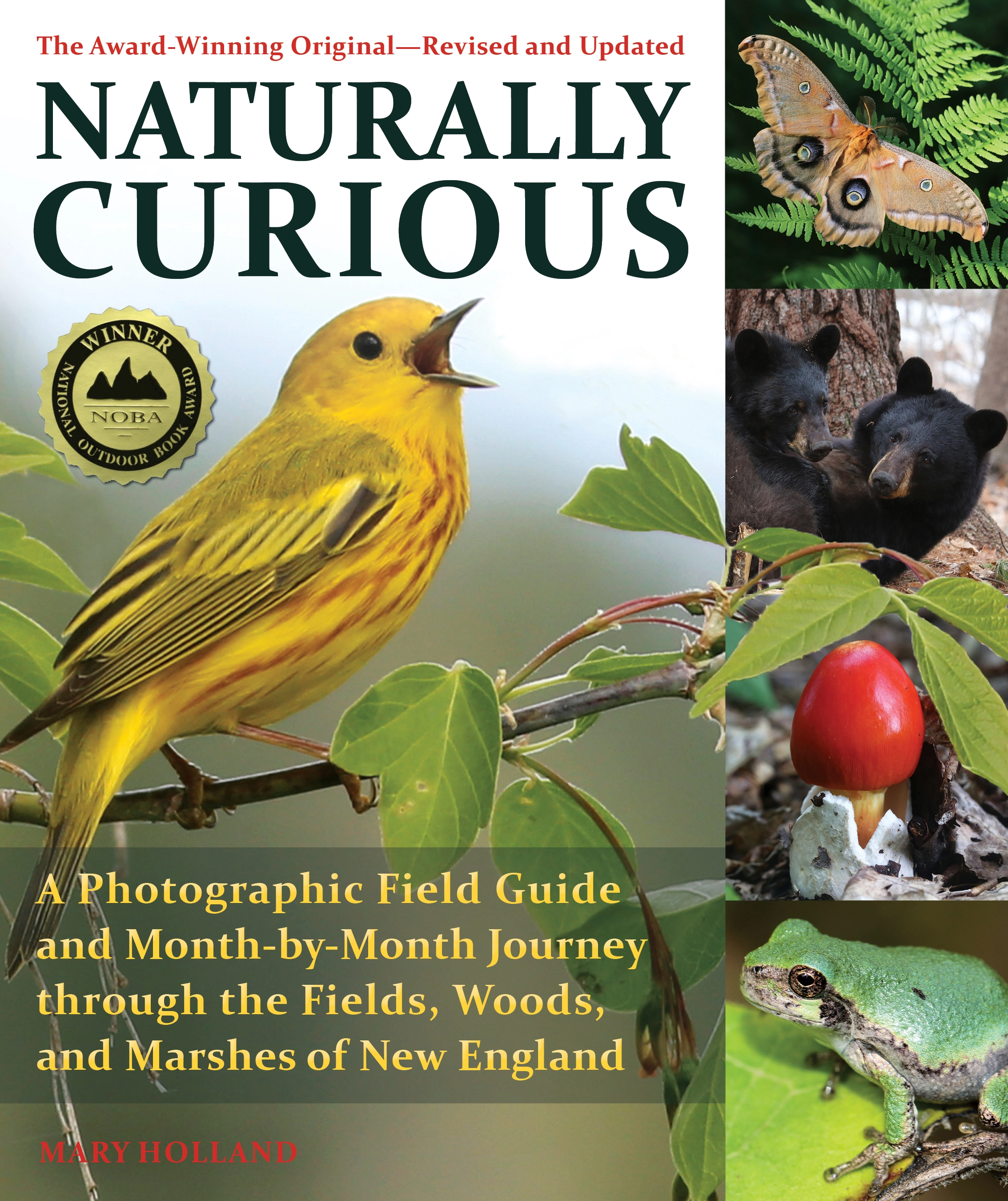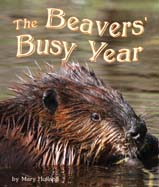Fisher Raids Wood Duck Nest Box
 Fishers are rarely seen, as they tend to travel in wooded areas and not expose themselves in open areas. However, this fisher was so intent on getting a meal that he threw caution to the wind. Fishers are generalist, opportunistic hunters and scavengers, consuming a wide variety of animals and plants. Basically, if it can catch it, a fisher will eat it – amphibians, reptiles, invertebrates, birds and bird eggs, and mammals (snowshoe hares are at the top of the list, but rabbits, squirrels, small rodents, shrews, and porcupines are common prey).
Fishers are rarely seen, as they tend to travel in wooded areas and not expose themselves in open areas. However, this fisher was so intent on getting a meal that he threw caution to the wind. Fishers are generalist, opportunistic hunters and scavengers, consuming a wide variety of animals and plants. Basically, if it can catch it, a fisher will eat it – amphibians, reptiles, invertebrates, birds and bird eggs, and mammals (snowshoe hares are at the top of the list, but rabbits, squirrels, small rodents, shrews, and porcupines are common prey).
Between its keen sense of smell, and its acrobatic abilities (due to the flexibility of its hind feet, which can be turned 180°), a fisher is able to take advantage of prey and access food wherever it may be – in the tallest tree, or, in this case, a wood duck nest box.
Noted New Hampshire naturalist/tracker/videographer, Alfred Balch, succeeded in documenting the pictured fisher swimming out to an active wood duck nest box, climbing inside and exiting with a wood duck egg gently held in its mouth. It was observed doing this more than once. Considering that wood duck clutches consist of anywhere from 6 to 16 eggs, this fisher’s stomach was probably full by the end of the day. The wood duck is the only duck in North America that regularly produces two broods in one season, so hopefully the second clutch will escape the fate of the first. (Photos by Alfred Balch)
Naturally Curious is supported by donations. If you choose to contribute, you may go to http://www.naturallycuriouswithmaryholland.wordpress.com and click on the yellow “donate” button.


















Amazing photos! I wonder what would have happened if a parent Wood Duck was keeping their eggs warm & the Fisher climbed in the box. Too bad that the nestboxes aren’t somehow more predator protected. It does seem though, that not much would deter a Fisher.
April 19, 2016 at 8:29 am
Would the fisher have young ones at this time that might benefit from a duck egg?
April 19, 2016 at 8:38 am
Yes, fishers gave birth about a month ago, but the young aren’t weaned for several more months. Not sure whether they would lap up a raw egg, but rather doubt it…
April 19, 2016 at 8:50 am
I wonder how far up a tree a fisher can climb?
I just spotted a duck (likely Hooded Merganser) flying into a Pileated Woodpecker hole
way up high on a large White Ash Tree. It was amazing to see this large duck fly straight
at a tree, put the breaks on, and squeeze into that small hole.
Do Mergansers nest in trees?
This nest is right on the edge of a camp road, too. Not a good place for those baby
ducklings to jump straight down into the road. Uh oh! I foresee a bad outcome but
I’ll alert the neighbors to keep watch.
April 19, 2016 at 8:59 am
Yes! Mergansers are cavity nesters! How wonderful you saw this, and can watch. My dream is to witness mergansers or wood ducklings jump from on high to the ground or water below. They supposedly bounce like tennis balls if they land on the ground!
April 19, 2016 at 9:47 am
I want to be there to see them fledging , too! I will get my son who is a forester to measure
how high up the nestlings will have to drop. I’ll let you know.
I hope I can find out how long before they hatch and set an “approximate birth date”.
I don’t believe they’ve been nesting for more than a week. The ice just went out of the pond yesterday but there have been open spots for a week or more.
April 19, 2016 at 10:14 am
Wow. This is an amazing observation
April 19, 2016 at 9:38 am
Wow–that’s pretty impressive! I hope clutch two will fare better!
April 19, 2016 at 10:08 am
Please let us know, Ellen, if you get to see the big event.
April 19, 2016 at 10:35 am
That’s an extraordinary thing to witness. I’ve got to admire the predatory skills of fisher. I’ve seen them here a couple of times and would have guessed they’d be too big to fit into that hole. (I wonder if the hole in that particular box is bigger than necessary?) I had wood ducks nesting in a tree here for a couple of years, but alas, never saw the chicks jump. It was amazing, tho, to see the adult fly directly into the tree like a speeding bullet.
April 19, 2016 at 11:22 am
You might add cats to that list. 😦 Between fishers and coyotes, outside kitties have short lives. That’s why mine stay indoors!
April 19, 2016 at 5:36 pm
Mary may have more data, but I recall reading a few years ago that very little evidence was found that fisher prey on house cats, despite that presumption. This is not the article I read before, but one I found on a quick search today. nonetheless, cats DO kill a lot of birds, so I’m glad your cats are happy indoors. 🙂 http://scientistatwork.blogs.nytimes.com/2011/04/06/do-fishers-really-eat-cats/
April 19, 2016 at 5:49 pm
Thanks for the link, Pat. Actually, the articles a couple of years ago that gave the estimates of how many birds are killed by cats is what prompted me to keep them indoors. I liked that they killed rodents in my garden, but the birds I couldn’t abide. All in all, they are better off inside and hopefully, the foxes, etc. will keep down the rodents.
April 19, 2016 at 7:27 pm
Yes, Eliza. I read once that each fox kills something like 5000 rodents a year, so they are good pals to have around.
April 19, 2016 at 9:28 pm
Yes, indeed! 🙂
April 19, 2016 at 9:30 pm
I don’t know of any firsthand observations of fishers killing cats, but you certainly hear that they do. I tend to agree with your scientist, Pat. When cat fur and bones start showing up in fisher scat, I’ll be a believer!
April 19, 2016 at 7:48 pm